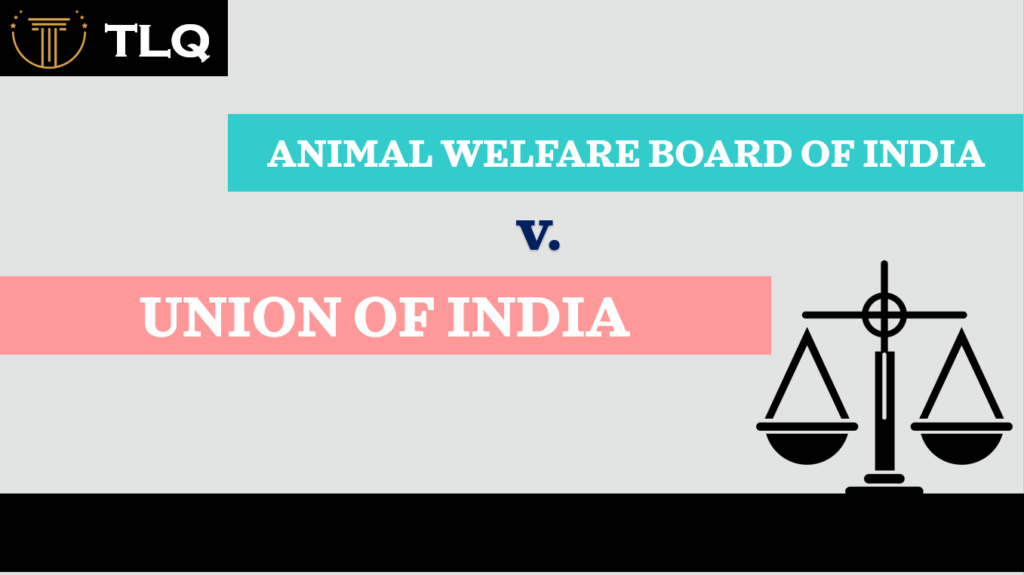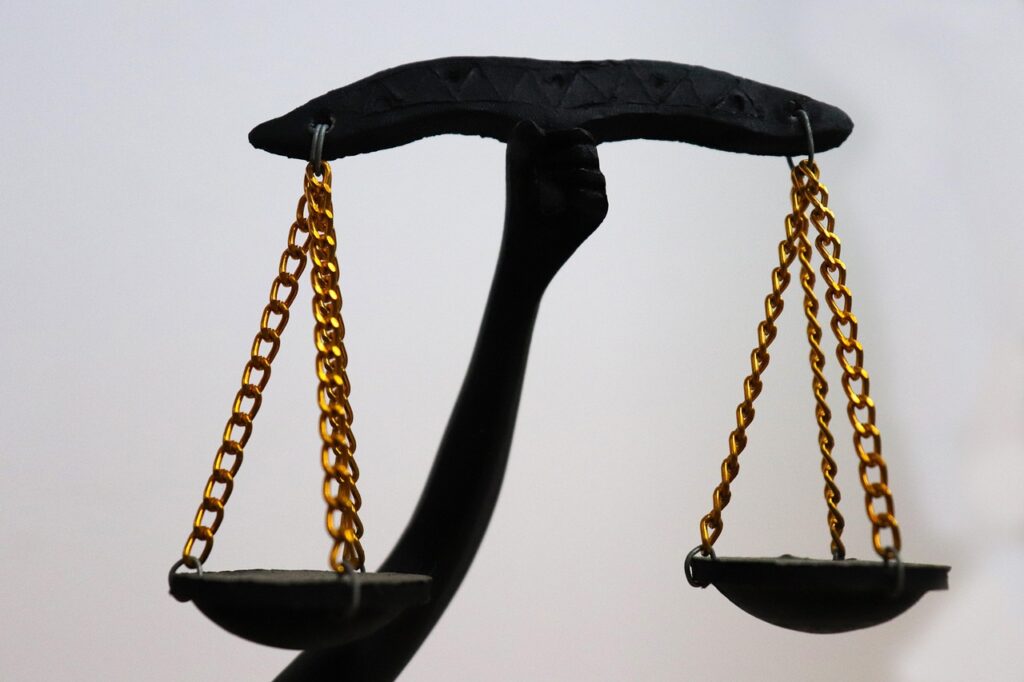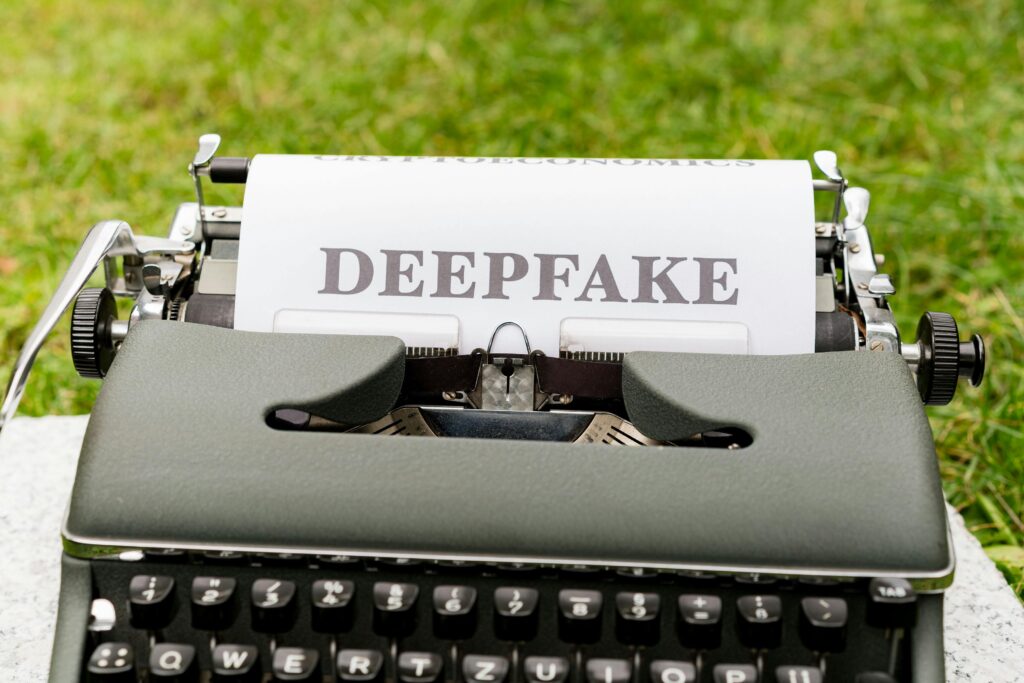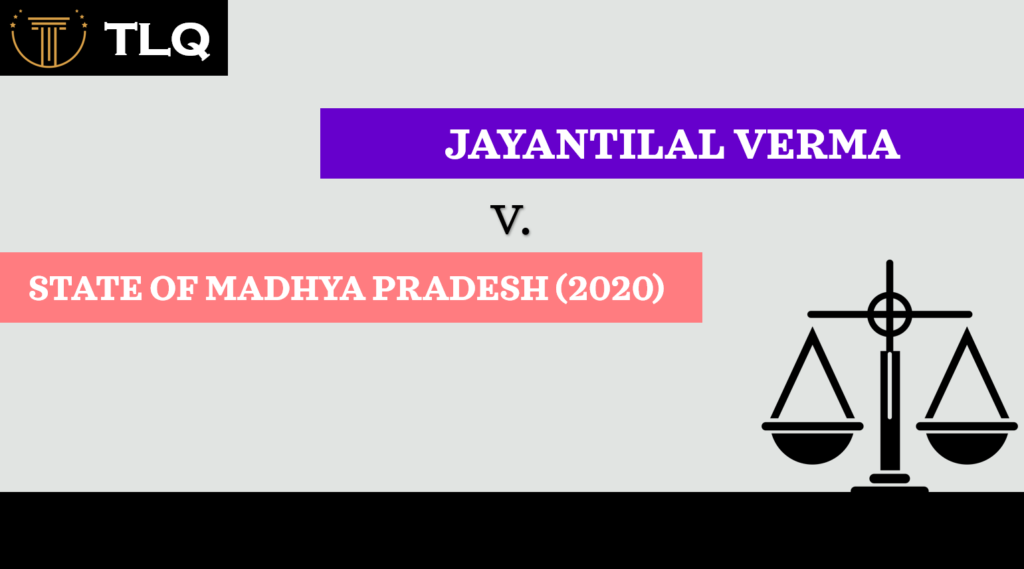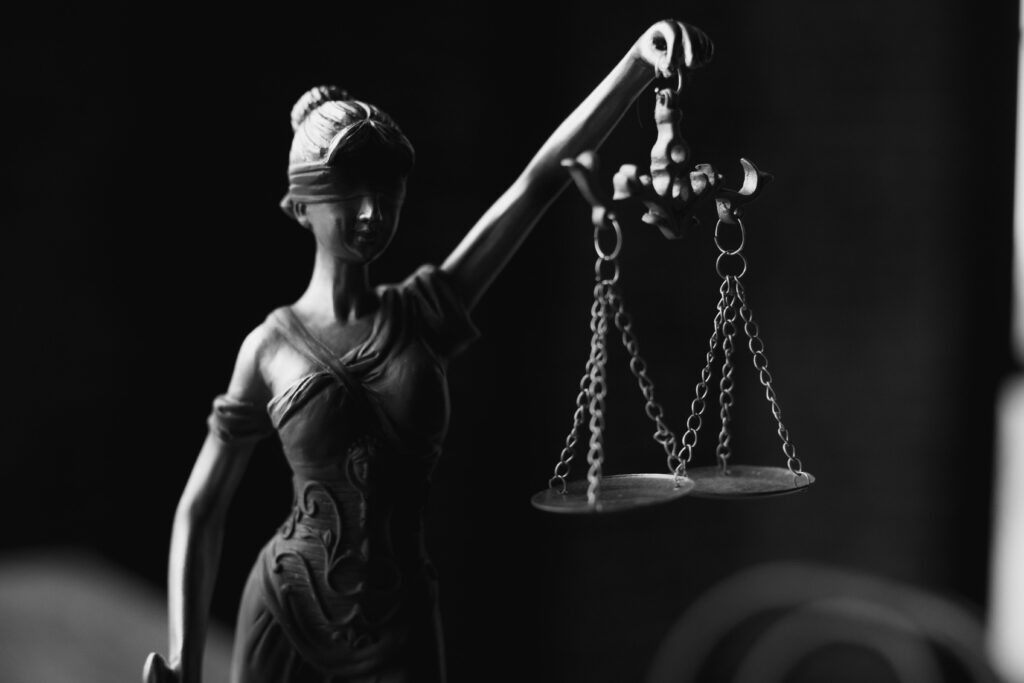Published On: 20th April, 2024
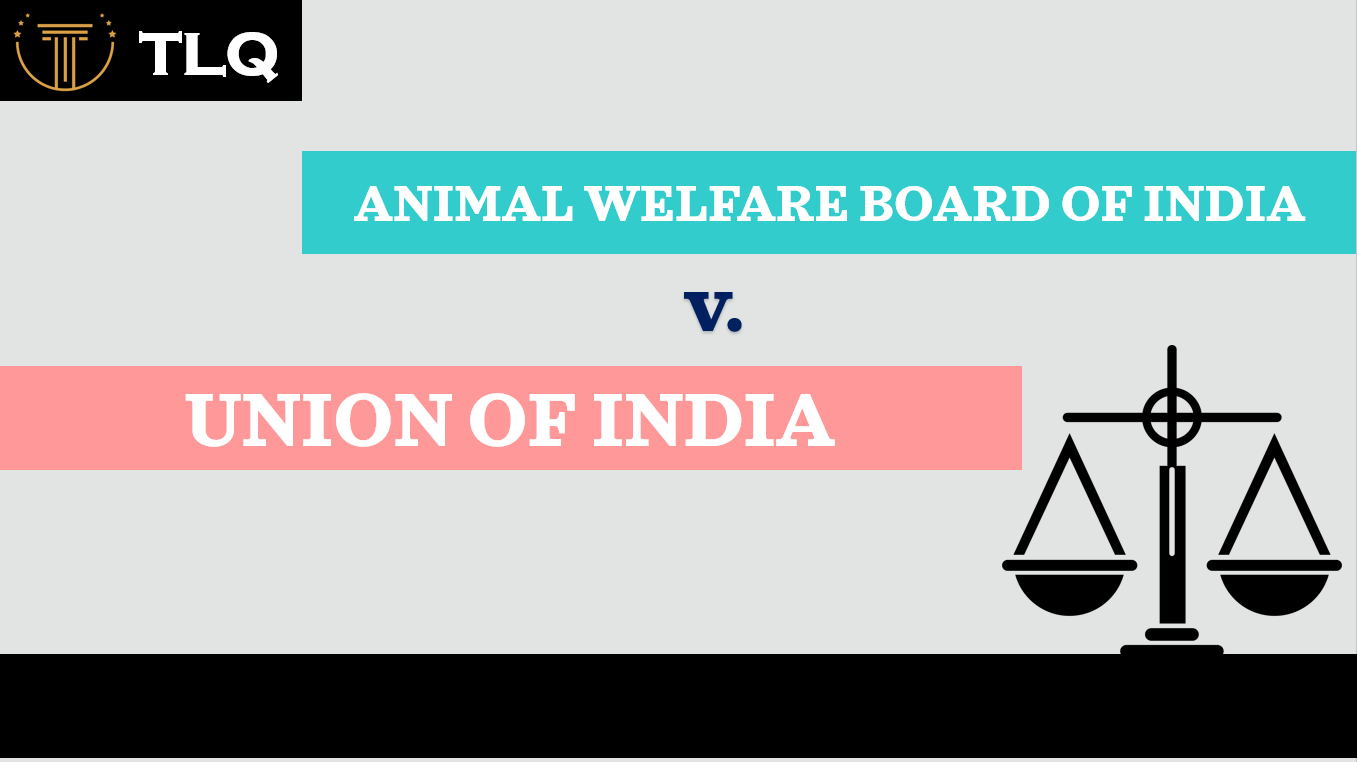
Authored By: Rudrakshi Bakshi
University of Jammu
CITATION: [(2014) 7 SCC 547]
JUDGE: Aniruddha Bose, J
BENCH: C.T. Ravikumar, Hrishikesh Roy, Aniruddha Bose, Ajay Rastogi, K.M. Joseph
DECIDED ON: 18 May, 2023
COURT INVOLVED: Supreme Court of India
RELATED CASE LAWS:
- Ajay Marathe vs. The State of Maharashtra and Others
- State of Tamil Nadu vs. State of Kerala(supra)
- Chief Secretary to the Government, Chennai, Tamil Nadu and Others vs. Animal Welfare Board and Another [(2017) 2 SCC 144]
- Rupa Ashok Hurra vs Ashok Hurra and Another [(2002) 4 SCC 388]
- State of Bihar and Others vsIndian Aluminium Company and Others [(1997) 8 SCC 360]
- Hoechst Pharmaceuticals Ltd.(supra), M. Karunanidhi vs Union of India and Another [(1979) 3 SCC 431]
- T. Plantation Private Ltd. and Another -vs- State of Karnataka [(2011) 9 SCC 1].
- Director of Education (Secondary) and Another -vs- Pushpendra Kumar and Others [(1998) 5 SCC 192]
- Harbilas Rai Bansal -vs- State of Punjab and Another [(1996) 1 SCC 1]
- State of Gujarat and Another -vs- Raman Lal Keshav Lal Soni and Others [(1983) 2 SCC 33]
- Shayara Bano -vs- Union of India and Others [(2017) 9 SCC 1]
FACTS OF CASE:
The Animal Welfare Board of India filed the first of these writ petitions, along with others, including one from Anjali Sharma. However, during the hearing, the Board shifted its position and attempted to support the positions of the State and the Union of India, primarily on the grounds that the 1960 Act and certain State Amendments that were enacted in 2017 were not objectionable and that the Board had established guidelines to prevent suffering of the bovine species during the holding of the aforementioned events. Later in this ruling, we will make reference to the three State Amendment Acts. Nevertheless, the aforementioned writ petition was prosecuted as a single writ petition by the second writ petitioner, Anjali Sharma, a member of the Board and a practicing advocate of this Court.
ISSUES INVOLVED:
One Vikramsinh Nivrutti Bhosale has filed an Interlocutory Application (170346 of 2022) in relation to W.P.(C) No.1188 of 2017 on the basis of his experience as an agriculturalist in Maharashtra. He has maintained that the farmers who are still connected to the Bullock Cart Race may suffer if the challenge to the Maharashtra Amendment Act is upheld. Additionally, he argues that the Maharashtra Amendment Act is related to entry 15 of List II of the Seventh Schedule of the Indian Constitution, which states the following:
“Veterinary training and practice; preservation, protection, and improvement of stock and prevention of animal diseases.”
Vikramsinh Nivrutti Bhosale, a farmer from Sanghli, has filed a Special Leave Petition (Civil) 3528 of 2018 challenging the Bombay High Court’s order on the Tamil Nadu Amendment Act. The following issues were raised:
- Can Jallikattu be protected as a cultural practice?
- Is the Tamil Nadu Amendment contrary to the SC’s ban on Jallikattu in A. Nagaraja v Animal Welfare Board of India (2014)?
- Does Jallikattu violate the Prevention of Cruelty to Animals Act, of 1960?
- Did the President assent to the Amendment without sufficient information?
- Does the amendment violate the rights to equality and life of animals?
PETITIONER’S ARGUMENTS:
The petitioners argue that the State Amendments, which introduced the Jallikattu, Kambala, and Bullock Cart Race, are illegal due to their continued infliction of pain and injury on participating bulls and violation of the 1960 Act provisions. They argue that the amendments do not provide remedial measures to cure the legal failings. They argue that the amendments only introduce these sports as permissible activities within the 1960 Act and that the subject of Jallikattu does not fall within the ambit of Entry 17 of List III of the Seventh Schedule to the Constitution of India. They also argue that the State Assemblies lacked legislative competence to enact the amendments, and that presidential assent would not cure this incompetency. The court finds no flaw in obtaining presidential assent regarding the provisions of Article 254(2) of the Constitution of India.
RESPONDENT’S ARGUMENTS:
The petitioners argue that the activities legitimized by State Amendments remain destructive and contrary to the provisions of Sections 3, 11(1) (a) and (m) of the 1960 Act. They argue that the Amendment Acts do not cure the defects brought about by the judgment of A. Nagaraja (supra), and that the expression “person” as used in Article 21 of the Constitution of India includes sentient animals. They also argue that the Instrument of such legitimisation being the three Amendment Acts is unreasonable and arbitrary, not meeting the standard of Article 14 of the Constitution of India. The petitioners seek to inter-weave Articles 14, 21, 48, 51-A (h) and (g) to set up a rights regime for the animals, arguing that the Fundamental Duty of Indian citizens to have compassion for living creatures and to develop humanism should result in corresponding rights for sentient animals for distress and pain-inflicting activities only having entertainment value for humans.
COURT’S REASONING:
- The 1960 Act and the Impact of Amendment Acts on Animal Rights in India
The 1960 Act was enacted under the legislative power of Entry 17 of List III of the Seventh Schedule to the Constitution of India.
• The Act recognizes the rights of animals by imposing restrictions on humans dealing with animals.
• The Indian Constitution’s Article 48 directs legislators to organize agriculture and animal husbandry along contemporary, scientific principles. - The State is also tasked with preserving and improving breeds and prohibiting the slaughter of cows, calves, milch, and draught cattle.
• Citizens are required to protect and improve the natural environment and show compassion for living creatures.
• The petitioners argue that the 1960 Act should translate obligations into animal rights, as the manner in which these sports activities are undertaken directly offends these provisions.
The court has examined the argument of authorities, including the Union, three States, and the Animal Welfare Board, that bovine sports are part of their culture and tradition. The court found that the expressions Jallikattu, Kambala, and Bull Cart Race have undergone substantial changes in their practice and performance, and the factual conditions at the time of the A. Nagaraja (supra) judgment cannot be equated with the present situation. The court does not accept the petitioner’s argument that the Amendment Acts were merely a piece of colorable legislation with cosmetic changes to override judicial pronouncement.
The court also examined whether Jallikattu and other bovine sports could be held beyond the legislative competence of the three legislative bodies. The court held that the amendments must be read together with the consequential Rules or Notifications, as they alter the manner of conducting these sports and would not attract the mischief sought by the two provisions of the 1960 Act.
Factual arguments have been advanced that prohibition on the practice of the Bullock Cart Race could result in the collapse of a particular genre of cattle useful for agricultural purposes. However, the court rejects the argument that the Maharashtra Amendment Act has been legislated for the preservation, protection, and improvement of stock and prevention of animal diseases, veterinary training, and practice.
The court has dealt with the question of whether provisions of the 1960 Act are being violated or not, as was held in the case of A. Nagaraja (supra), decided prior to the three Amendment Statutes. If the court were to hold that these bovine sports offended the provisions of the 1960 Act, the deprivation apprehended would have come within the reasonable restriction clause enshrined in Article 19(6) of the Constitution of India.
JUDGEMENT:
- The Tamil Nadu Legislature recognizes it as a cultural practice. The judiciary cannot be the body to determine whether it is a part of TN’s culture.
- The Amendment minimizes the pain and suffering inflicted on the animals. This creates a different situation from A. Nagaraja.
- PCA based on the necessity of employing animals in load-carrying and entertainment activities while minimizing their pain and suffering.
- The procedure for getting the president’s approval was flawless.
- The constitution does not grant fundamental rights to the animal only the legislature can confer rights to animals.
IMPACT OF CASE:
The legislature enacted laws in support of this practice because they had to create a balance between people’s spirituality, cultural customs, and animal care. In addition to protecting Jallikattu, which is practiced in Tamil Nadu, the Supreme Court of India also upheld the rulings of the states of Karnataka and Maharashtra.
REFERENCES:
- “The Animal Welfare Board Of India vs Union Of India on 18 May, 2023” <https://indiankanoon.org/doc/124059674/>
- “Judgement Matrix: Challenge to Jallikattu – Supreme Court Observer” (Supreme Court Observer, January 6, 2024) <https://www.scobserver.in/reports/judgement-matrix-challenge-to-jallikattu/>

